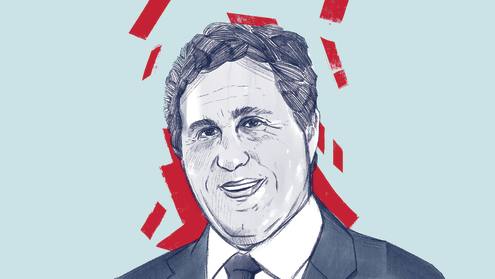The global credit boom that preceded the financial crisis was supported by a view that central banks could guarantee a world of continuing steady growth and price stability in most Western economies. This belief – encouraged by the statements of then chairman of the US Federal Reserve Alan Greenspan and other central bank governors – increased the risk appetite of the financial markets which fuelled irresponsible lending.
There are other reasons for central bankers to reflect humbly on their recent achievements. Loose global monetary policy supported the excesses, which led to the financial crisis – particularly the large and sustained relaxation in US monetary policy in the early 2000s. And while low inflation could be readily achieved in a world where Asia and the emerging market economies were driving down the prices of traded goods, it has proved much harder to achieve when the same economies have been exerting upward pressure on global energy and commodity prices. Yet the central banks, which were all too ready to claim the credit for low inflation in a global disinflationary environment, are now blaming current inflation on 'one-off' price shocks.







